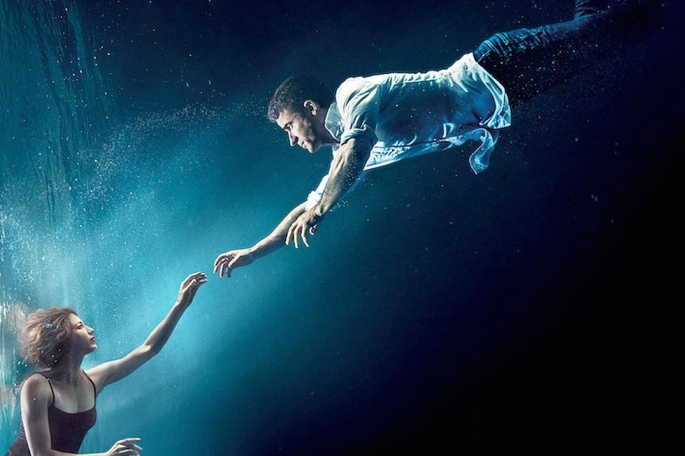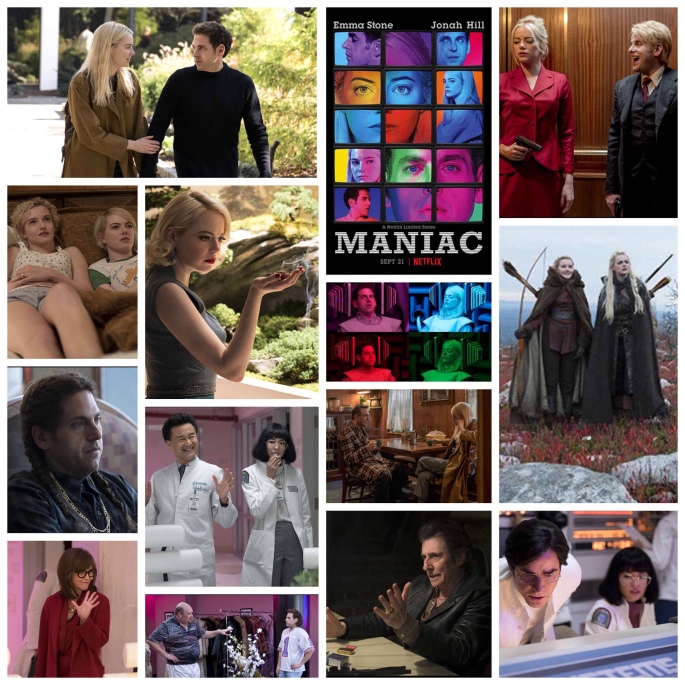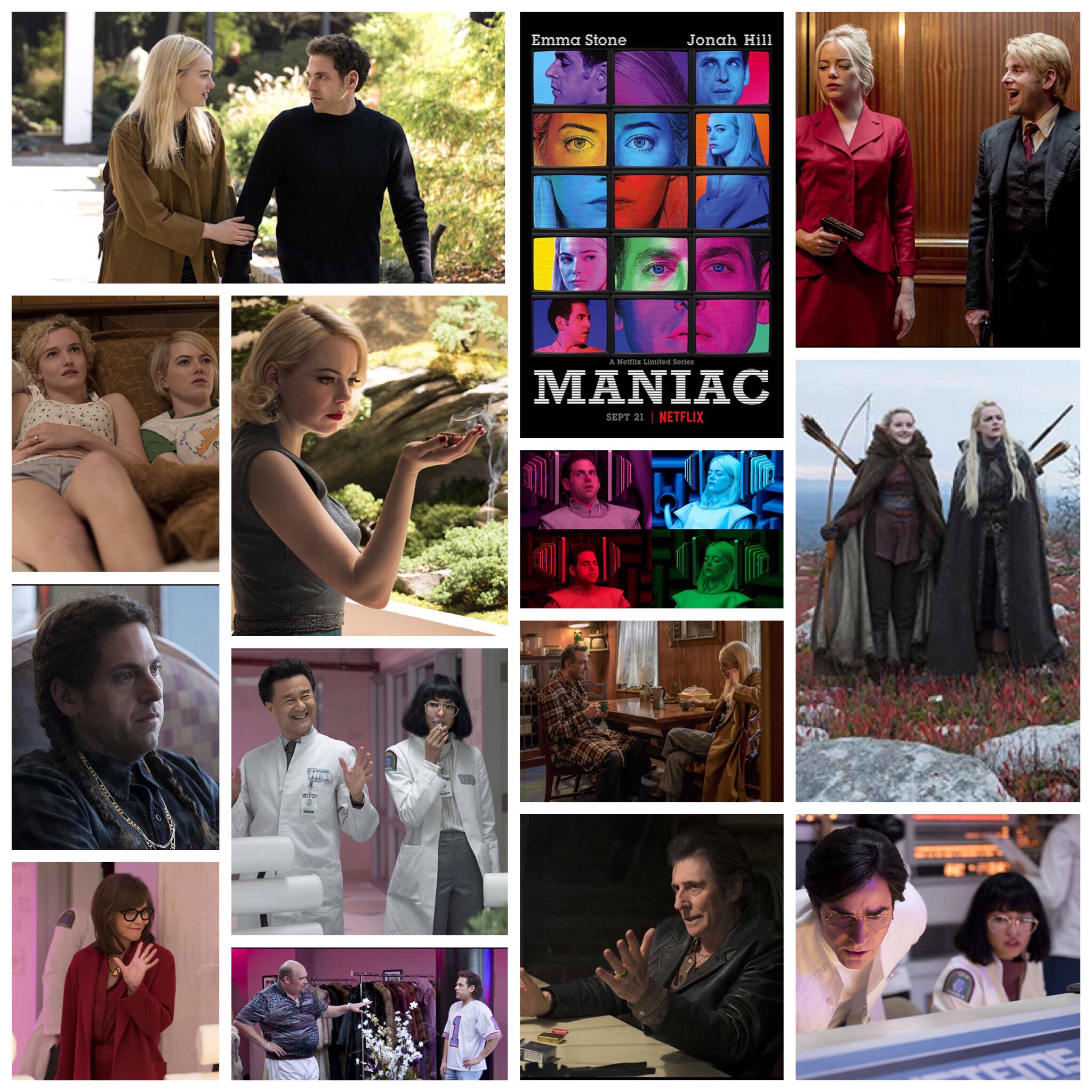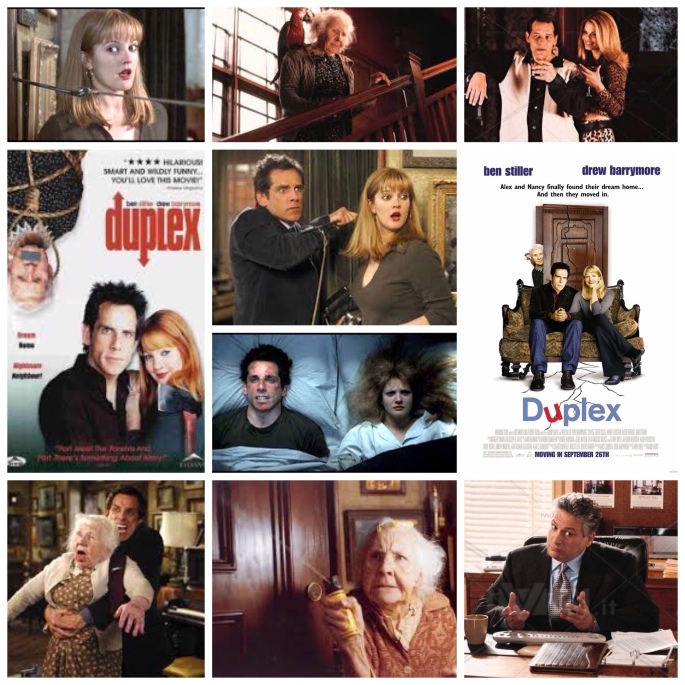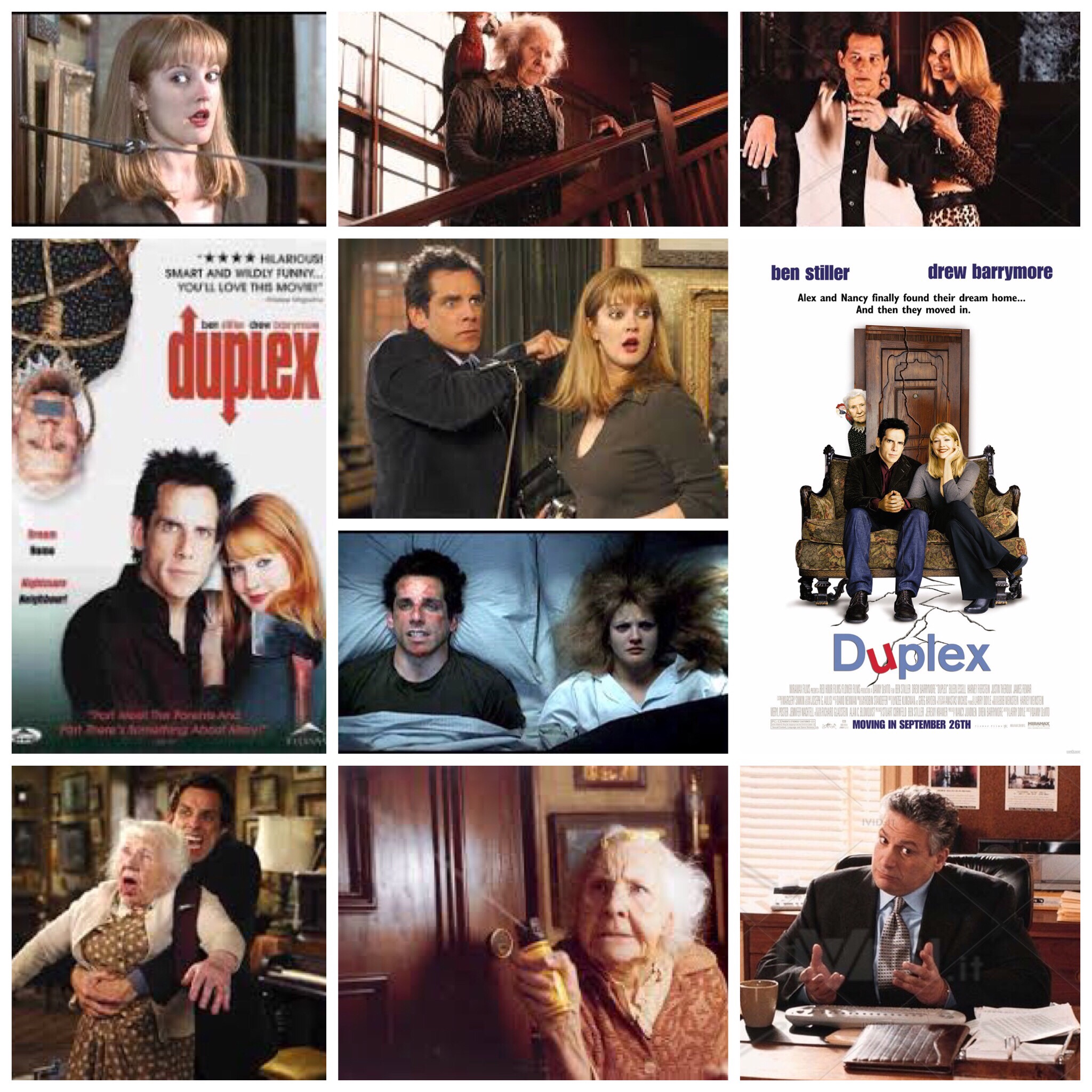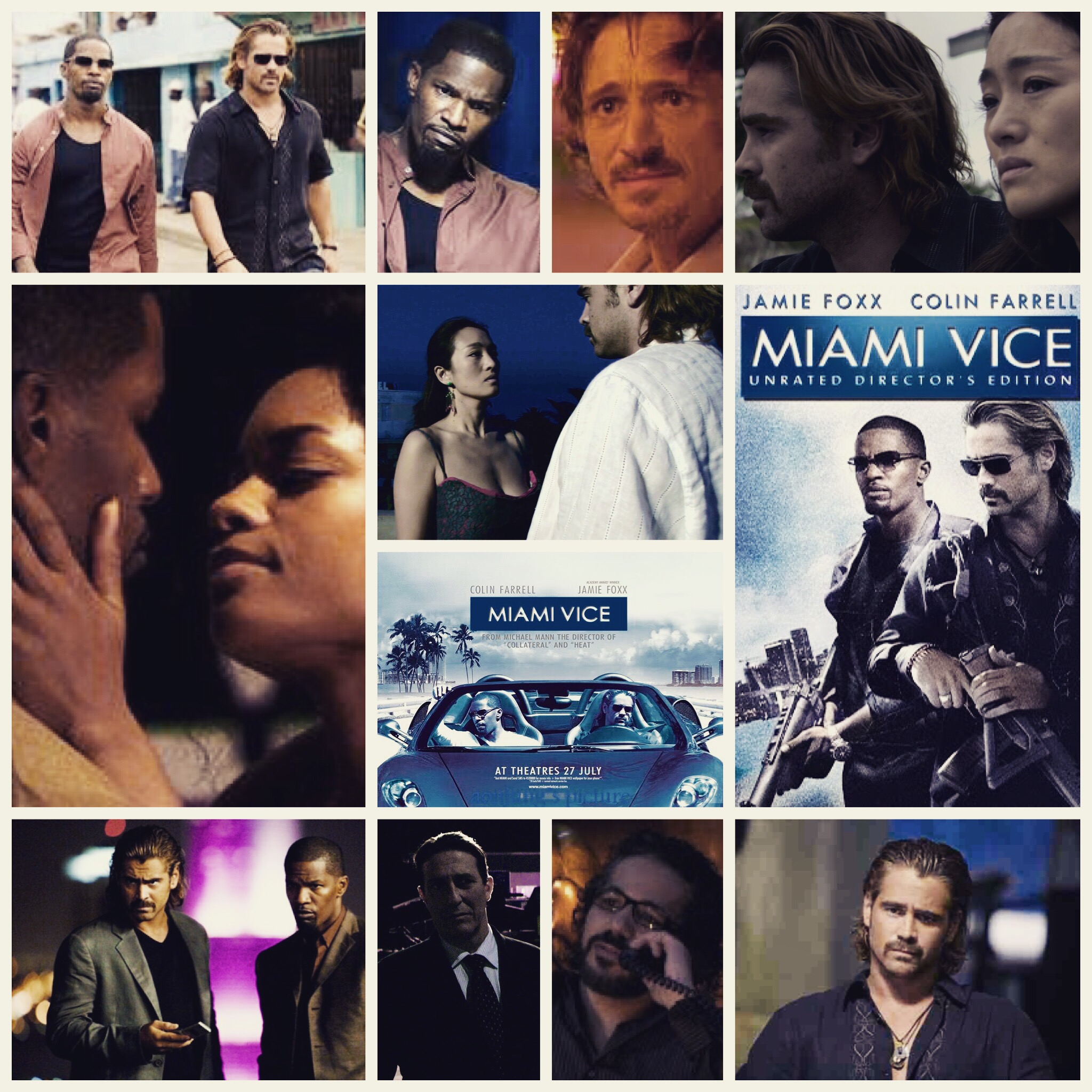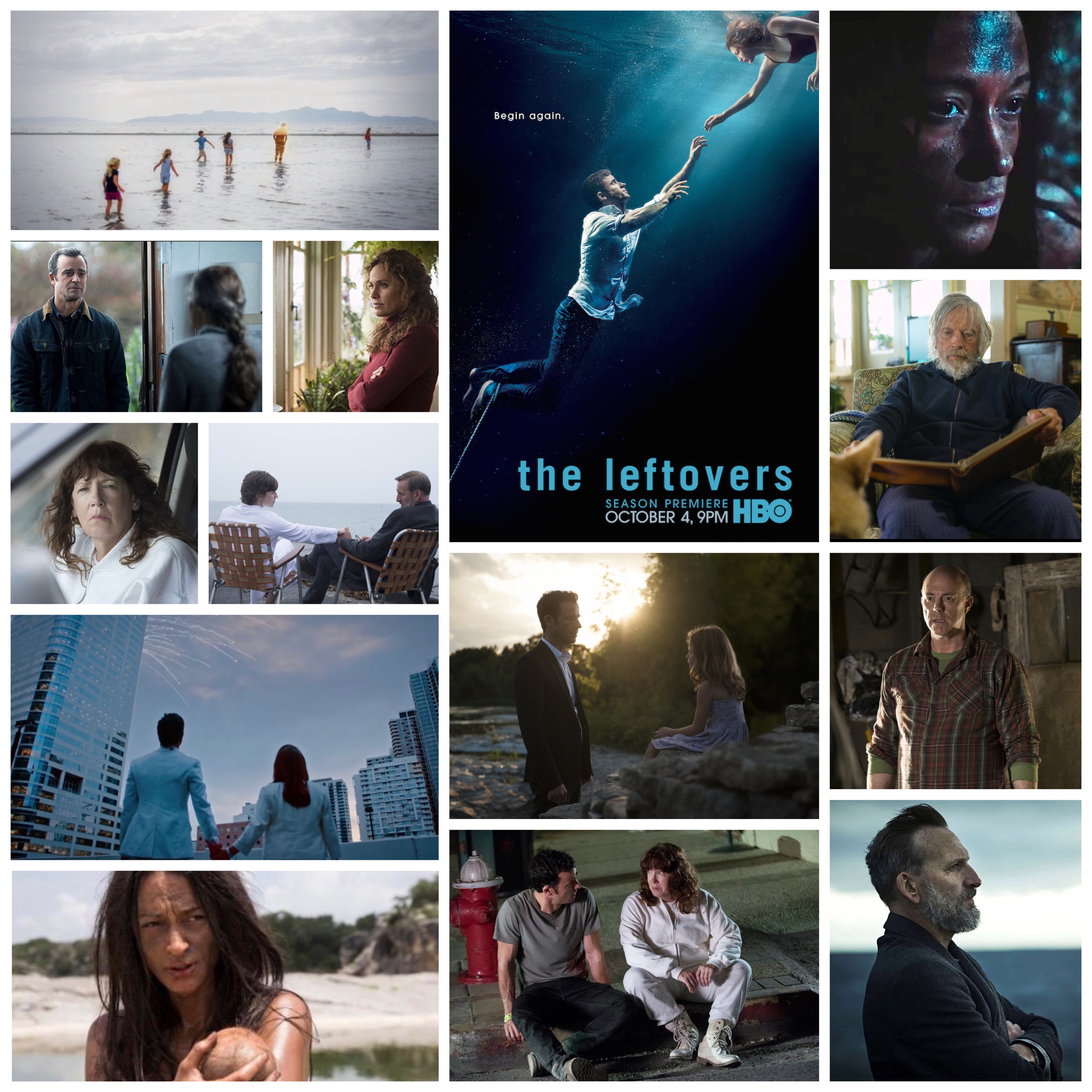
Are you content enough in your beliefs to set aside the big questions of what we are, where we come from, where we go when we die and what it all means? Do you strive endlessly across all fields of existence for answers to these questions or are you, for the most part, happy to live your life and just let the mystery be? Whichever side of that fence your soul sits on will have a lot to do with how much you enjoy and what you take away from HBO’s The Leftovers, a confounding, fiercely individual three season showstopper from Lost’s mad storytelling brewmaster Damon Lindelof, a series I just reached the finale of last night and am honestly sheepish about even tackling a review as the thing is so dense and pockmarked with events that take a while to process.
Outlining the show’s general premise does zilch in imparting it’s essence, but here goes: one day, all at once, all over the world, three percent of the world’s human population vanishes into thin air. Just like that. Where did they go? Well.. refer to the first few lines of my above paragraph. This show isn’t really about how or why these people left, it’s about the people left behind, how they live now, how the world has been reshaped and altered by such a huge event, and where to go from it. We meet people like small town police chief Kevin Garvey (Justin Theroux in probably the encore performance of his career), his daughter (Margaret Qualley), his mentally unstable yet weirdly charismatic father (Scott Glenn, awesome as ever), deeply wounded Nora Durst (Carrie Coon, excellent), God himself or at least a dude claiming to be him (Bill Camp taking a whack at an Australian accent), a strange drifter (Michael Gaston) with a penchant for shooting dogs, Kevin’s ex wife Laurie (Amy Brenneman), passionate preacher Matt (Christopher Ecccleston), wayward housewife turned cultist Meg (Liv Tyler) and many, many more. The one who resonates the strongest might just be the great Ann Dowd in a ferocious, affecting and often downright hilarious turn as Patty, figurehead of a spooky cult called the Guilty Remnants who wear all white, chain smoke and take a vow of silence. They serve to represent the splintered remains of humanity who have deliberately renounced many of their ways in recognition of their collective trauma, while the rest of society chooses to bury it, soldier on but are no less afflicted.
Season one is kind of like the dry run, based on an existing novel by Tom Perrotta and serving as a deeply felt series of dramatic and interpersonal revelations revolving around the upstate New York town of Mapletown, and those that live there. Season two and three however are where the cart flies off the rails (in the best way imaginable) and the magic really happens because it’s all brand new material spun by Lindelof and Perrotta himself who signs on as co-creator. These seasons traverse from Mapleton to an eerie Texas town called Miracle, on to Australia and even to dreamy purgatorial planes of inter dimensional space that defy description or logic. There are a wide variety of human beings here who all react differently to this mass departure as they grow, learn and suffer into the future at their own paces, turning to everything from religion, crime, messianic devotion, ..uh… shooting dogs, mind bending near death experiences, time travel, metaphysical pseudoscience and more. I’ll admit I struggled with this one because of its purposeful ambiguity, and not in the impenetrably surreal way of, say, Twin Peaks or even the offhand arbitration of Lost, two narrative vernaculars which I have always been able to accept and intuit. No, here the mystery is different, it’s like a dream where the riddle is so specific and clearly drawn yet the answers are so squarely out of reach, and for the most part remain so until the haunting, emotionally resonant and appropriately hazy finale episode. I began watching this looking for clues, stockpiling them for later, paying attention to behaviour and profiling these folks so that I might get to the centre of the mystery before the show itself did… but I didn’t, and neither did the story. It’s just not that kind of piece, and one need only look at the artistic expression and music of the opening credit sequence to see this. Season one always starts with a baroque, austere and Michaelangelo-esque vision of humans ascending in great discomfort, it feels decidedly biblical and somehow organized. Then in season two the visual aspect of the credits is far more esoteric and less classically spiritual… human beings are caught in candid snapshots of day to day activities with their loved ones, many of whom aren’t really present in the frames, their silhouettes replaced with nebulous stars and open space while Iris Dement’s delightful song ‘Let The Mystery Be’ warbles along in the background. These people are gone and that’s the first mystery, but it leads to many more and it’s almost not even our business or our right to impose so many questions and demand explanations in a story like this. This is *their* story, these brilliantly written and acted humans we see onscreen and it’s an intensely personal, at times indescribable story. We bear witness and can draw our own conclusions as to what it all means, but at the end of the day we have no way of knowing and such as it is in this show, so too is the case in our very own existence, we kind of don’t have a choice but to do just what every episode gently reminds us: just the mystery be.
-Nate Hill
